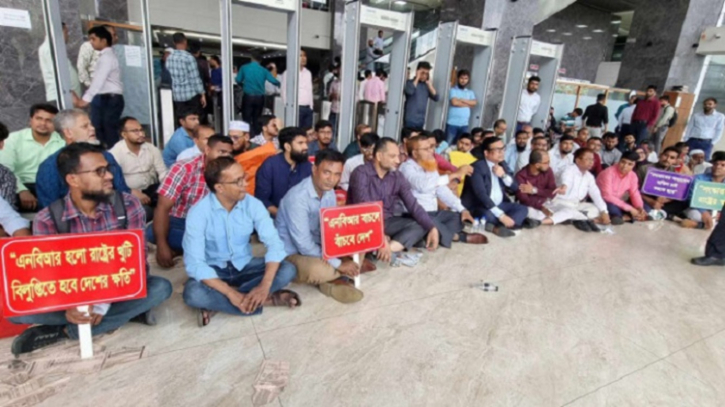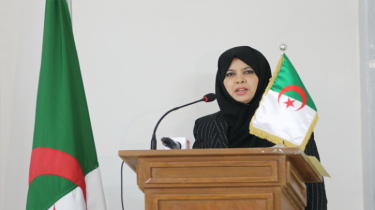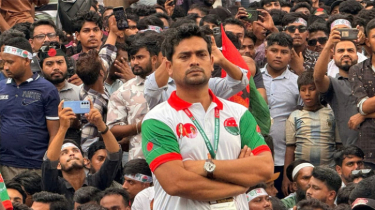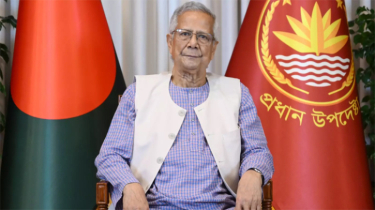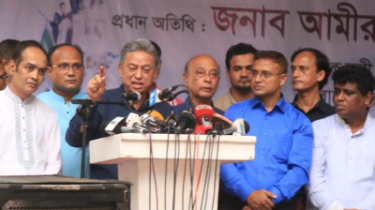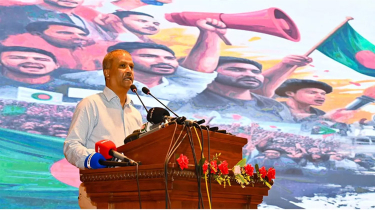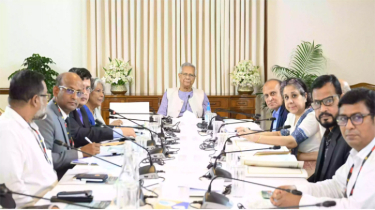The ongoing unrest surrounding reforms at the National Board of Revenue (NBR) has taken a new turn. Since June 22, NBR officials and employees have been observing a pen-down strike protesting the proposed "Revenue Policy and Management Ordinance, 2025." In this context, the government's initiative to hold talks, led by Economic Adviser Salehuddin Ahmed on June 26, offers a significant opportunity for progress.
Root Cause of the Crisis The NBR Reform Unity Council argues that the proposed ordinance threatens to dismantle the long-standing administrative structure of the NBR and undermines the professional interests of cadre officers. On the other hand, the government maintains that separating revenue policy from its implementation is essential for greater administrative efficiency, a recommendation made consistently by international development partners and local economists. Government’s Response. The government initially approved the draft ordinance on January 16. Later, a dialogue was held on May 20, where promises were made to revise the ordinance. However, with no tangible progress, the movement resumed. A recent statement from the Ministry of Finance indicates that necessary amendments to the ordinance are being considered, with a tentative timeline set for July 31. Importance of Dialogue The upcoming meeting on June 26 could prove pivotal. A successful dialogue would not only help resolve the current impasse at NBR but could also serve as a participatory model for future policy reforms.
Analysis and Recommendations: Strengthen Participatory Consultation – Reforms should meaningfully incorporate feedback from field-level officials to ensure broad-based support. Maintain Policy Transparency – Clear communication about the objectives, structure, and long-term implications of the ordinance can reduce misunderstandings. Seek a Lasting Resolution – Temporary assurances may no longer suffice; concrete, written commitments are necessary to rebuild trust among NBR officers. The future of revenue modernization will largely depend on how inclusive this reform process becomes. The National Board of Revenue is a strategic institution. Disruptions in its functioning can significantly affect national economic stability. Therefore, finding a balanced solution through mutual respect and inclusive decision-making between the government and the protesting officials is critical. The outcome of the June 26 discussion will likely shape the future course of revenue reform in Bangladesh.
